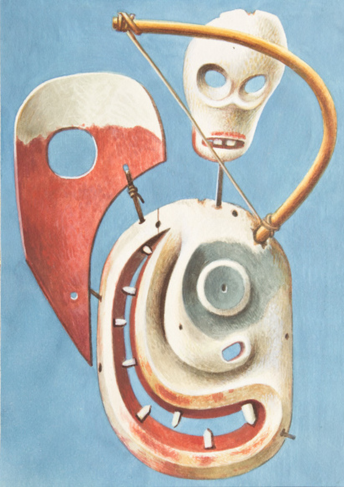First Complete Theocritus, With Contemporary Illumination and Marginalia
[Idyllia] [and other texts].
[Venice: Aldus Manutius, February 1495/96].
Price: $65,000.00
About the item
First Aldine edition, and the first complete edition of Theocritus (printing 12 of the 30 Idylls here for the first time); the first edition of HESIOD’S THEOGONY; second edition of his WORKS AND DAYS; and first editions of most of the other minor works (enumerated below); and first setting of quires £I °E F and £K °E G. Title in Greek and Roman, introduction by Aldus in Latin;, text entirely in Greek. Woodcut decorated initials and floral or strapwork headpieces, ILLUMINATED THROUGHOUT IN COLORS AND GOLD IN A CONTEMPORARY HAND. [140] leaves. 1 vols. Folio, (315 x 210 mm.). First Complete Theocritus, With Contemporary Illumination and Marginalia. Bound in early 18th-century mottled calf, spine in 7 compartments with citron morocco lettering piece in one and ornamental tooling in the rest; title soiled and shaved along fore-edge, extensive neatly penned marginalia in Greek and Latin, in two different hands; gilt edges, gauffered to all-over pattern of intersecting diagonal fillets and fleurons. Bookplate of St. Benedict's Abbey, Fort Augustus, Scotland. Renouard, page 5(3); New UCLA 7; Hoffmann III, 473-74; HC 15477*; BMC V, 554-55; Goff T144; ISTC it00144000.
Item #259147
First Aldine and first complete edition of the Idylls of Theocritus, of which 12 appear here for the first time, also including the first edition in the original Greek of Hesiod's Theogony and Shield of Hercules and the elegies of Theognis, as well as the second edition of Hesiod's Works and Days, which were first printed in Milan circa 1480. This is the first setting of gatherings [zeta].F and [theta].G, with the text uncorrected.
Not only is this copy beautifully colored in a contemporary hand (none such appear in ABPC for the last 35 years, and we are unable to find any institutional copies with coloring), but the copy is notable as well for profuse, neat contemporary marginalia, mostly in Latin, but often in Greek, which fill the book.
The marginal annotations are particularly extensive in the first two Idylls, where, typically, underscored words are explained in the margins; occasionally, an interlinear Latin word is provided beneath the Greek in an even smaller, but always clear, hand. The notes themselves are mostly philological in scope, with notations on unusual Doric (Theocritus’s dialect) forms (e.g., the Doric form for the preposition 'πpòs' being 'πotì', the identification of parts of speech, and grammatical forms, poetic usage, etc.) Especially notable, too, are frequent comparisons and cross references to passages from Vergil’s Eclogues. In the famous Idyll 2 (“Pharmaceutria"), where a spurned maiden utters incantations to bring her man back home, there now seem to be two distinct hands, and the notes are particularly frequent and copious. The first note reads: “Unde sumpta est Verg. Pharmaceutria" [whence Vergil got his Pharmaceutria].
A beautiful copy of a rare and important book, with fascinating early annotations.

![[Idyllia] [and other texts]](https://jamescumminsbookseller.cdn.bibliopolis.com/pictures/259147.jpg?width=768&height=1000&fit=bounds&auto=webp&v=1362606666)
![[Idyllia] [and other texts]](https://jamescumminsbookseller.cdn.bibliopolis.com/pictures/259147_2.jpg?width=768&height=1000&fit=bounds&auto=webp&v=1362606731)
